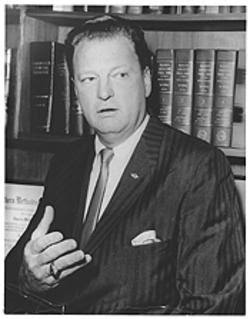A 1972 Corvette and the Whole Camel

In my last post I reported on one of Dad's trials, and it occurred to me that it was time to write about one of my own. I began law teaching in 1970 (see "How I Accidentally Became a Law Professor" Jan. 20th), but then, at age 26 (I was constantly being mistaken for a student) I’d only been a lawyer a little over one year, and with almost no legal experience (and no trial work at all) I was embarrassed by how much of what I was saying was merely academic. Thus I began (with the law school's permission) to take on cases in order to gain experience. I selected the sort of consumer problems most attorneys wouldn't touch: health spas, swamp land in Florida, fraud, and, of course, lemon cars. What follows is a description of my very favorite lemon car case. I gave a bar review lecture on the law of Sales at Indiana University in Bloomington in the summer of 1972 (see “The Summer Bar Review Tours” post of June 15th). One of the recently-graduated students in attenda...







